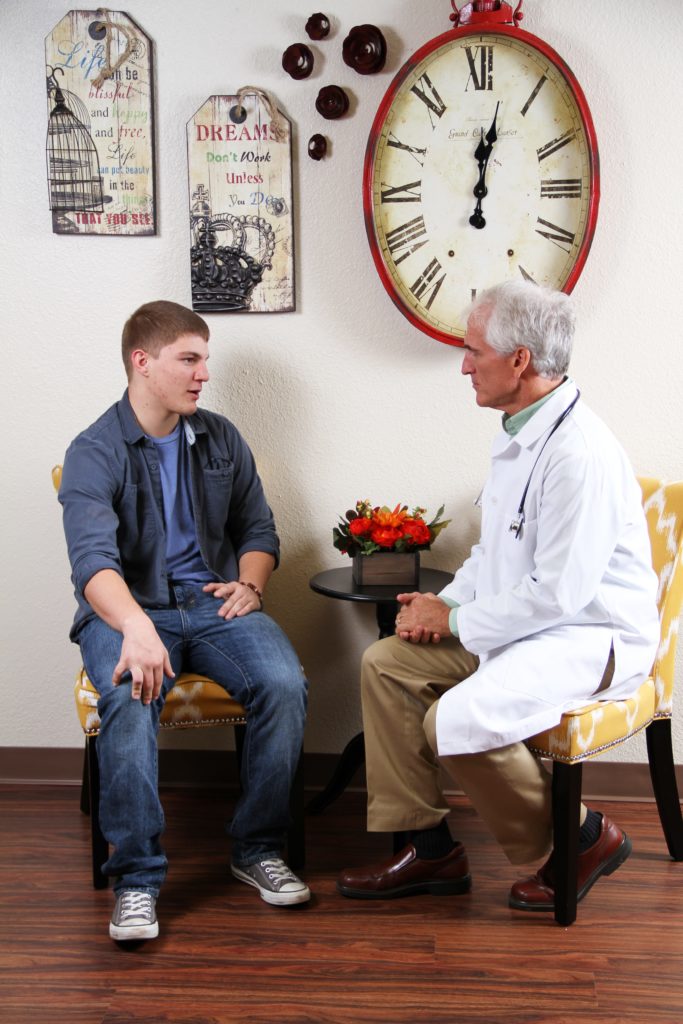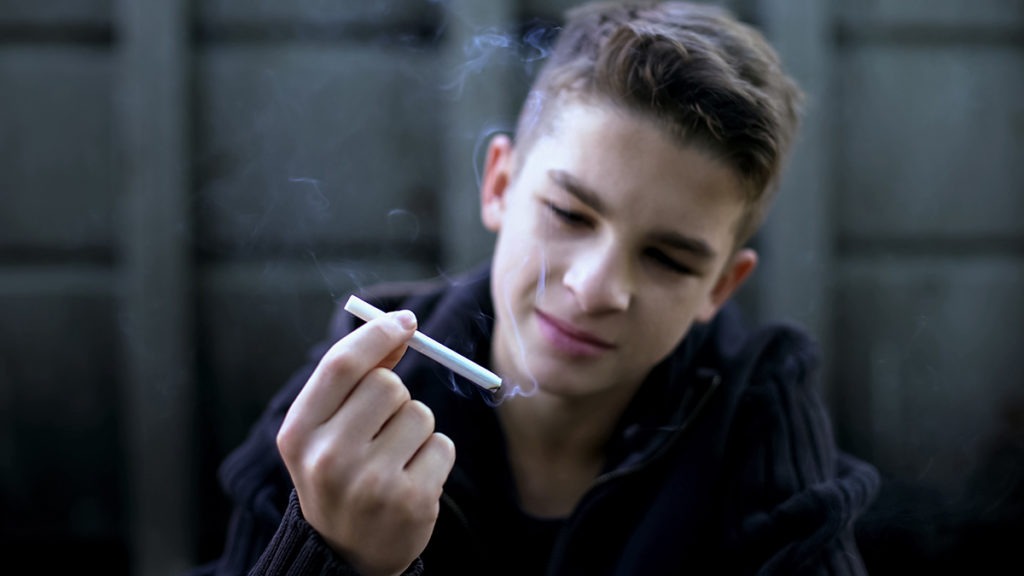Teenagers are in a turbulent life phase. There are many normal developmental reasons why teens change how they dress, speak and behave. But teenagers are also at risk for substance experimentation which could lead to addiction. That’s why it is important for parents to be on the lookout for any clues indicating something may be wrong with their teen. A number of drug addiction symptoms taken on their own could be explained by something less alarming than drugs. However, when several symptoms show up simultaneously, parents should be alert to the danger and be ready to intervene. There are three major clues for parents to watch out for: hard evidence, behavior changes and physical symptoms.
Hard Evidence
The discovery of drug paraphernalia such as pipes, papers or syringes is tangible evidence of drug involvement. The teen will probably say that the items belong to a friend, but if other symptoms of drug use are also present, this is an inescapable clue. Other hard evidence of drug use includes the smell of alcohol on the child’s breath, or the smell of drugs in the room or bathroom. Signs of physical impairment – stumbling, lack of coordination, laughing hysterically – are other possible indicators of substance use.
Behavior Changes
Use of drugs or alcohol results in behavioral changes as well. Sleep changes are common. Teens may sleep more or less, depending on what drugs they are taking. Depressants and opioids result in more sleep, while stimulants usually cause less sleep. Kids using drugs often begin to fail at school. Their grades suddenly plummet, behavior at school becomes a problem and absences from school increase. A marked change in the teen’s interests is another sign of drug or alcohol use. Teens that once enjoyed sports may lose interest and no longer participate. School activities and groups that used to be appealing no longer are. The teen is apathetic about things that used to be enjoyable. Increased moodiness is another sign of addiction or drug use. While all teens demonstrate a certain degree of moodiness, drug use intensifies those feelings. Teens that are depressed, angry, or unusually irritable may be showing signs of drug use.
Physical Symptoms
Drugs change body chemistry, resulting in physical signs of the change. Red or glassy eyes, dilated or small pupils, unexplained runny noses, or persistent stomach aches can all result from drug use. Excessive energy, talkativeness and lack of appetite could be flags that the teen is taking stimulants, just as lethargy could indicate opioid use.
Residential treatment
Again, any of these symptoms could be explained by something besides drugs that is happening in a teen’s life. But if there are multiple signs, then it is possible that the teen is in trouble. Residential addiction treatment offers teens the opportunity to get away from negative peer groups and any pressures which may have precipitated use. In a new environment, the teen has the freedom to examine how and why choices were made and learn how to choose differently in the future.






